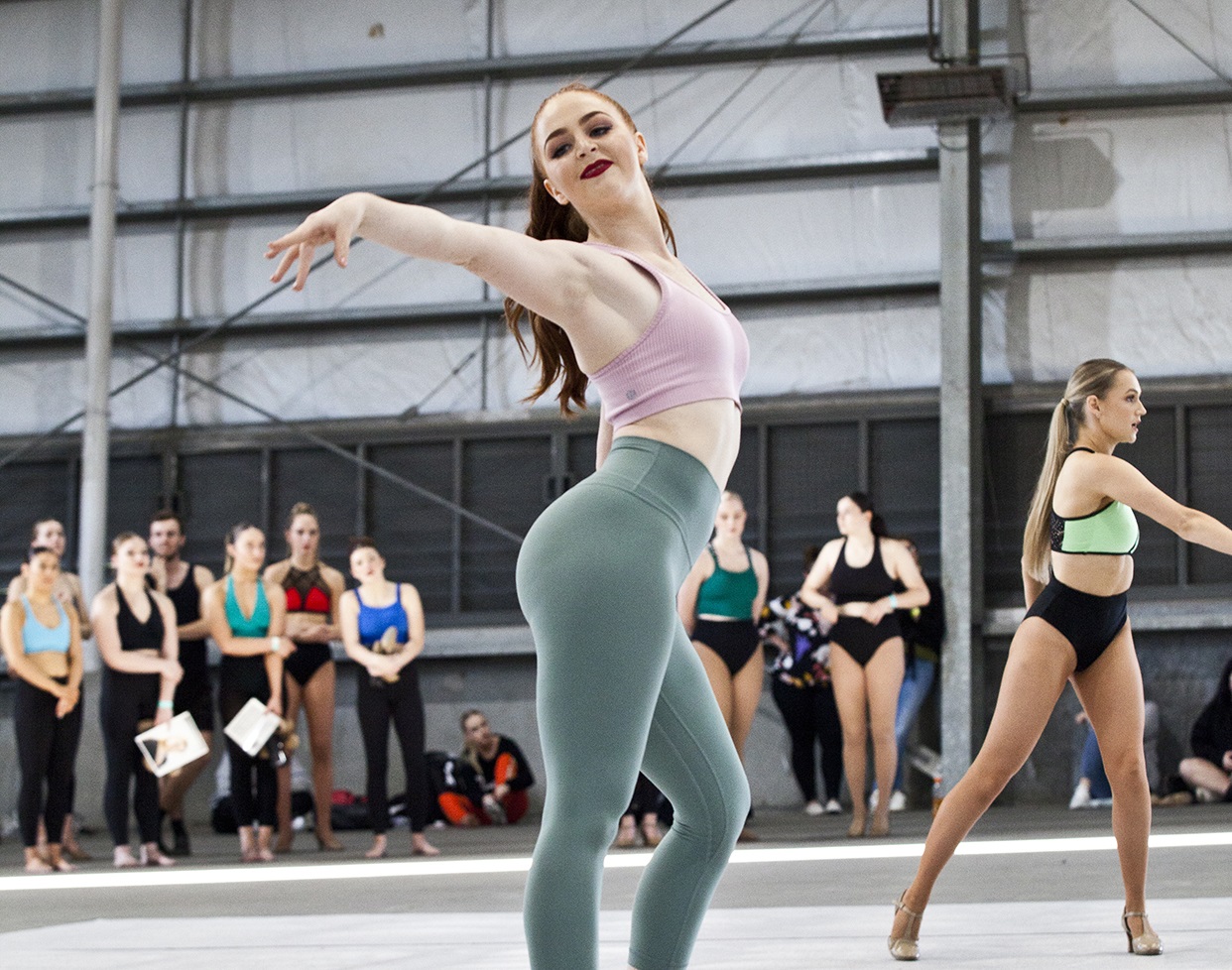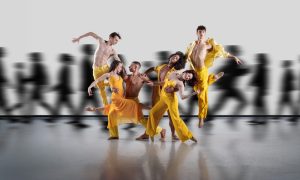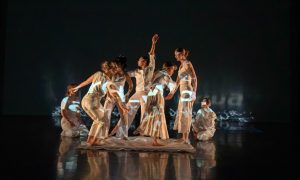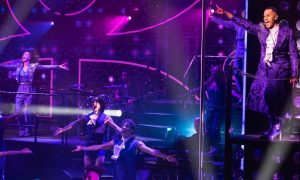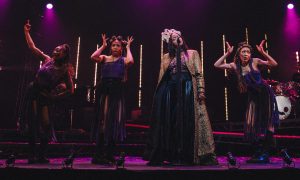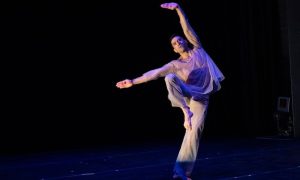In past editions of Dance Informa, Fran Kirmser gave readers an inside scoop on how to Make Dance Your Business and the basics of launching their career.
By now, you should have an idea of what career path you may want to take, and have your headshot, resume and reel ready to go! It’s now time to go into your first audition, and Kirmser answered some questions to help you prepare.
What should I do going into the audition to help put my best foot forward?
“There are three things that you can do that are so helpful.
#1. Research, research, research. Know what room you’re walking into. Know all the details for the production and the people who are working on it. Having your fingertips on all the details makes you feel close to it. It’s no longer foreign or intimidating. It helps you feel comfortable.
#2. Prepare in advance. Write everything down, then let it breathe for a day or two, and then go back to it. Do you still want to wear that outfit? Do you still want to read that monologue? What shoes are you going to bring?
#3. Bring your best self into the room. Have eye contact, just be you, and say hello and thank you.”
How early should I get to the audition?
“Go as early as you need to go, but you don’t want to get there early and be all over everybody who is trying to set up. One of my best friends is a working actor who has been in a lot of things, but she is such a nervous auditioner. She goes early to her auditions and meditates for a half hour before she goes in for the audition itself. If you need to get there early and stretch and breathe and do your exercises, that’s great. Just do it.”
How much does one’s character and reputation help or hurt their audition?
“It’s a big deal. You always want to put your best foot forward. Your work ethic shows, and that carries from one experience to another.”
I know one of the people assisting at the audition in some capacity. Do I need to acknowledge that I have a connection with them?
“Sure, you can say hello or acknowledge that you know each other, but just be normal. Be professional and move through the audition and experience.”
What ‘extras’ should I have in my bag with me?
“When you look in your dance bag, it’s like the black hole of everything. You can never have enough hair stuff like pins and hairspray. It’s so key. It needs to be out of your face and out of your way. Have Bandaids, even if it’s not for yourself but for someone else. I always recommend having tights or leggings and a leotard in your bag in case you get to an audition and feel like you wore the wrong thing. If you’ve done the research, 99 percent of the time you have the right thing on or the right thing with you. Let’s just say something has gone awry, that uniform clean look can get you through just about anything. With shoes, really evaluate if you need to bring extras with you. And always have water and a towel.”
What is something you feel like is lacking when it comes to auditions? What do people need more of to be better prepared?
“I find people are quite prepared for auditions. I think one of the things that trips up with that is that sometimes the dancer doesn’t follow the instructions exactly [in a digital audition]. In the instructions, they may say please send back a self-tape of this and a vocal reel. If you miss that, then you’re sending the choreography back without the vocal reel and you’re out. They do take note if you’re not following the directions. More often than not, they ask you to slate it in a certain way, and if you do it wrong, they pay attention to that. Following directions is important.
I think for dancer, singer, actors, the dancing can be amazing, the singing they work on more than anything, but the acting is flat. Taking some acting class, figure out how to get inside the lines and make the character happen. Look for opportunities and work on the acting when you can like you would with the dancing or vocals.”
After an audition, should I follow up with the casting agents to say thank you for their consideration?
“You can never go wrong with a thank you. Everyone likes to be thanked or to feel appreciated for their work. I think it’s a great thing to say thank you, and it’s a great thing to express your enthusiasm for the possibility of working with them. Hunger is a great thing.”
Sometimes you just don’t get the role. If you get the ‘no thank you’ call, how do you suggest the dancer to respond?
“It’s so hard. One of my favorite conversations was in the co-authoring of the book The Life of Dance. There was an interview I did with Kamille Upshaw who at the time was in Hamilton and she also just originated a role in the Lar Lubovitch Dance Company. Here’s this incredibly talented rockstar and she is tips of the top of concert dance and Broadway. When she gets a no, she is disappointed and allows herself to cry for 24 hours. Then she reminds herself it’s a new day and she moves on. That’s a hard skill. One of the things she said she does to help her move on is when she gets the no, she says thank you and asks if there is something she can learn or do better from the audition. Everything is a learning experience.”
Is there anything else I should do to prepare?
“Follow your curiosity. Get close to what rings true in your own voice, and there will be the opportunities for you. Everyone has a place and could have a viable dance career if you’re open to where it takes you. Really follow that curiosity and explore the field. There’s so much there. You can’t do all of it before you leave this earth. Just go for it.”
If you liked Fran Kirmser’s advice, continue to learn from her through Make Dance Your Business!
By Lauren Kirchmyer of Dance Informa.


